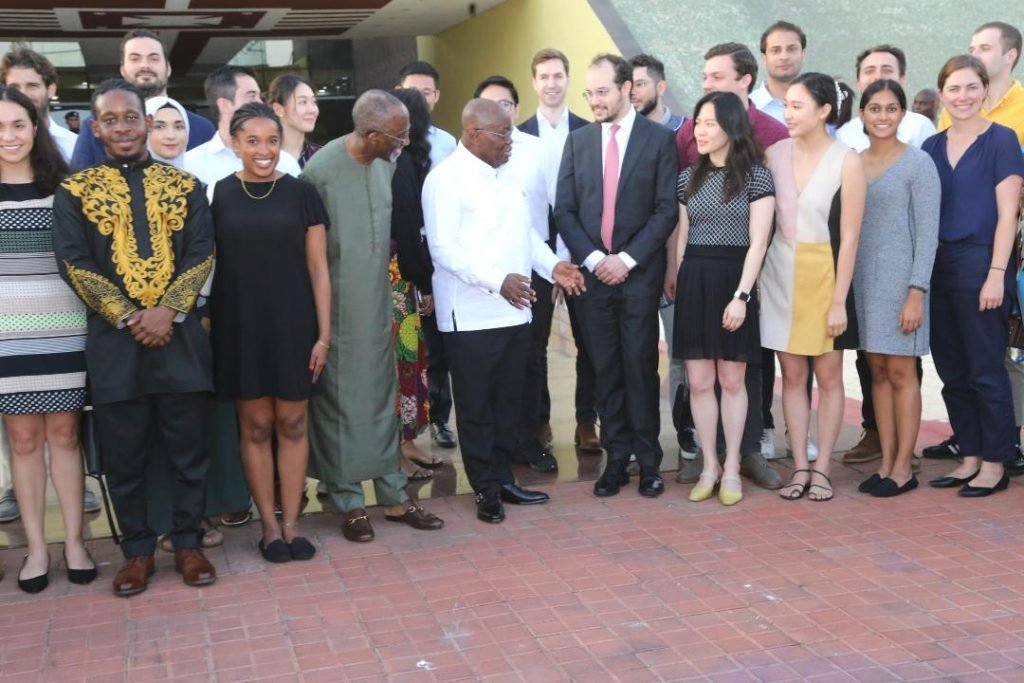
Dr. Cassiel Ato Forson
The government has announced an overhaul of the Value Added Tax (VAT) regime aimed at simplifying the tax system, reducing the cost of doing business, and promoting fairness across the economy.
Presenting the 2026 Budget Statement and Economic Policy in Parliament yesterday, Finance Minister Dr. Cassiel Ato Forson said the reforms mark a decisive step towards modernising the country’s VAT structure and making it fit for the economic transformation agenda of the nation.
Dr. Forson told Parliament that the new measures fulfil a promise made in the 2025 Budget and Mid-Year Fiscal Policy Review to reform the VAT system by removing distortions, addressing cascading effects, strengthening compliance, and supporting business growth.
According to him, months of detailed analysis and consultations with stakeholders have led to the design of a modernised VAT system that will make taxation fairer, simpler, and more efficient.
Under the proposed reforms, government will abolish the COVID-19 Health Recovery Levy, eliminate the decoupling of the GETFund and NHIL levies from the VAT tax base to make them eligible for input tax deductions, remove VAT on reconnaissance and prospecting of minerals, and reduce the effective VAT rate from 21.9 percent to 20 percent.
The VAT registration threshold will also be increased from GH¢200,000 to GH¢750,000 to ease the burden on small and micro enterprises, while the zero-rating on locally manufactured textiles will be extended to December 2028.
Dr. Forson said these measures will collectively return GH¢5.7 billion to businesses and households in 2026, with the abolition of the COVID-19 levy alone putting GH¢3.7 billion back into the pockets of individuals and firms. He added that allowing input tax deductions for the GETFund and NHIL levies would lower the cost of doing business by about five percent to make the country’s tax environment more competitive.
The minister explained that raising the VAT threshold was long overdue, as inflation had eroded the value of the previous limit set in 2015.
As a result, he said, many small and micro businesses that were previously exempt from VAT registration were compelled to register, increasing both their operational costs and the administrative burden on the Ghana Revenue Authority.
“The increase will simplify VAT administration, make compliance easier, and free small enterprises from unnecessary paperwork,” Dr. Forson noted.
On the mining sector, the minister said the removal of VAT on mineral exploration and reconnaissance would help revive investment and stimulate new greenfield projects.
“For over two decades, VAT on exploration has discouraged investment. Abolishing it will restore investor confidence, promote responsible mining, and reduce the haphazard prospecting that destroys our forests and water bodies,” he stated.
He further announced the extension of the VAT zero-rating on locally manufactured textiles to 2028 as part of the government’s commitment to supporting the domestic garment industry under the Ghana Textile and Garment Policy.
The policy, he said, will safeguard more than 2,000 direct jobs and stimulate industrial expansion by maintaining fiscal incentives for producers who have shown capacity to grow when supported.
In addition to the policy and legal reforms, Dr. Forson said the government is deploying electronic and digital solutions to improve VAT administration and compliance.
These include the introduction of digital systems to monitor and collect VAT on cross-border transactions conducted on online platforms owned by non-resident entities, the operationalisation of Fiscal Electronic Devices (FEDs) to track taxable transactions, and the launch of a VAT Reward Scheme to encourage consumers to request receipts for their purchases in exchange for participation in a reward promotion.
Dr. Forson emphasised that the new VAT framework is not merely about adjusting tax rates but about transforming the entire system to ensure equity, predictability, and transparency. He said the Ghana Revenue Authority will embark on a nationwide education and awareness campaign to ensure smooth implementation and understanding among taxpayers.
“This is not just a tax reform. It is a step toward a more just, predictable, and business-friendly economy. It honours our pledge to lighten the load on honest taxpayers while building a stronger, fairer foundation for national development,” he declared.
The Finance Minister said the reforms are expected to enhance confidence in the fiscal framework, improve efficiency in revenue mobilisation, and support the government’s broader goal of sustainable economic transformation in 2026 and beyond.
By Ernest Kofi Adu, Parliament House
Read Full Story





















Facebook
Twitter
Pinterest
Instagram
Google+
YouTube
LinkedIn
RSS